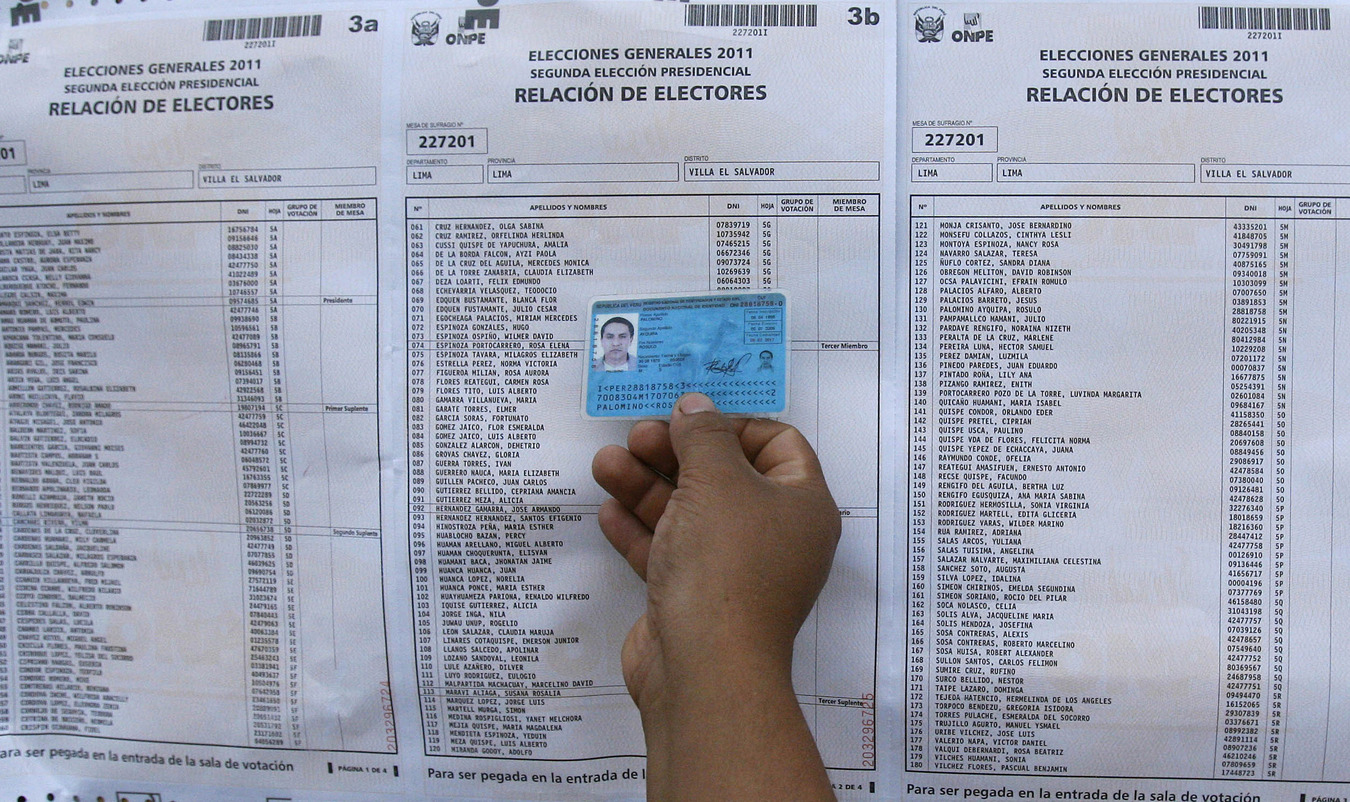Americas Quarterly Rio Launch: Innovations in Security Policy
Americas Quarterly Rio Launch: Innovations in Security Policy
Security experts launched the "Transnational Crime and Security" issue (Spring 2010) of Americas Quarterly at a program that highlighted Rio de Janeiro's security challenges and innovations as it prepares to host the 2014 World Cup and 2016 Summer Olympics.
Keynote Speaker:
- Sérgio Cabral, Governor of the State of Rio de Janeiro, Brazil
Panelists:
- Rodrigo Abreu, President, Cisco do Brasil, Ltda.
- Dr. José Mariano Beltrame, Secretary of Security for the State of Rio de Janeiro
- William Bratton, former New York City Police Commissioner, Los Angeles Police Chief and AQ contributor
- Kevin Casas-Zamora, Senior Fellow, Brookings Institution, former Vice President of Costa Rica and AQ contributor
- Thereza Lobo, Executive Coordinator, Rio Como Vamos
- Christopher Sabatini, Editor-in-Chief, Americas Quarterly, Senior Director of Policy, AS/COA (Moderator)
Summary:
Security experts from the private sector, government, and civil society launched the “Transnational Crime and Security” issue (Spring 2010) of Americas Quarterly at a program that highlighted Rio de Janeiro’s security challenges and innovations as it prepares to host the 2014 World Cup and 2016 Summer Olympics. The event in Rio de Janeiro was coordinated with the state government and sponsored by Cisco.
In his opening remarks, Governor Cabral discussed Rio’s security preparations for the upcoming international events, expressing his confidence that the state will deliver the security achievements promised at the time that the city was chosen to host the games. The state government is particularly focused on addressing the root causes of Rio’s crime—poverty and inequality. He pointed to his administration’s UPP (Unidades de Policía Pacificadora) program and its provision of social services to underserved communities as one example of that effort.
Security Challenges
Panelists focused on the twin problems of gang violence and narcotics trafficking, offering models of how other countries have dealt with these root causes of insecurity. According to Secretary of Security José Mariano Beltrame, the recent rise of crack-cocaine consumption is a key driver in fueling local violence. But Commissioner Bratton warned against following the example of New York in the 1980s. The city’s draconian measures put the wrong people behind bars; instead, cocaine use should be viewed as a health issue rather than a criminal one.
A general consensus emerged that increased social integration is critical to reducing poverty and inequality, and thereby lowering crime rates. Panelists referenced Rio’s UPP efforts to reintegrate the city’s estimated 330 favelas (home to as many as one in six residents) as central to the new security policy. Beltrame said the government is now operating under the notion that the more it spends on social programs, the less it will ultimately spend on security.
Casas-Zamora agreed that increases in social services would help to mitigate popular support from drug lords. Their popularity is often a result of the services they provide in the government’s absence, but the former Costa Rican vice president also noted the government’s need to enforce tax collection and build respect for the rule of law.
Bratton urged pragmatism and consistency in Rio’s security strategy. For him, the key to combating drug problems is to concentrate efforts. “There will always be drug dealing. What we aim to do is get rid of the violence associated with it and the recruitment of new drug dealers.” He also stressed the importance of continued engagement with the communities.
Innovations for Improving Security
The Rio government won praise for its approach from a local NGO promoting security policies that respect human rights. According to Thereza Lobo, citizens are more confident that the government is improving public security, and in turn, civil society is finding the Cabral administration more accessible.
Brazil also can learn from what has worked well on the technology front in other countries. Rodrigo Abreu highlighted the South Africa experience. There, the government fostered private investments in infrastructure and technology (video cameras are one example) to improve security. Bratton pointed to the CompStat information integration program, which he pioneered in New York and Los Angeles, and real-time mapping and the consolidation of timely and accurate intelligence.
Conclusion
Innovative approaches to fighting crime must maintain respect for human rights and address the underlying cause of violence. Law enforcement officials should work to improve social services in marginalized communities, strengthen efforts to curb violent crime, and take advantage of new technologies to better monitor neighborhoods and share information. In the end, results will only be achieved through cooperation within the police ranks and coordination between law enforcement officers and communities.








